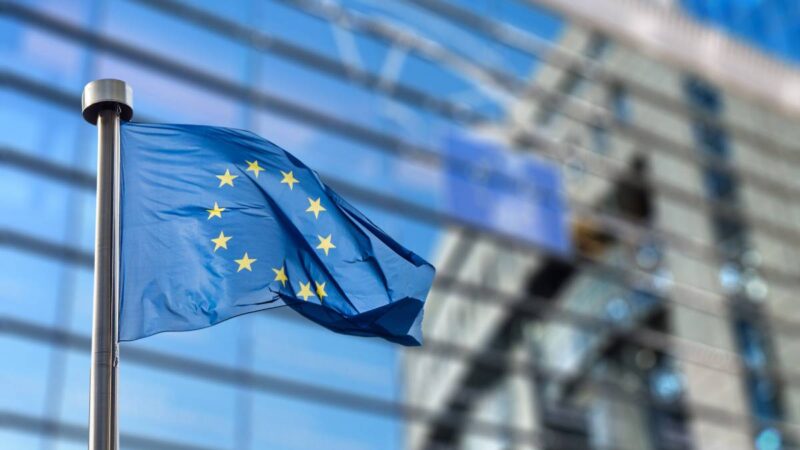The European Union has confirmed that polished diamonds will not be subject to retaliatory import tariffs in response to new US trade duties, following concerns raised by the Antwerp World Diamond Centre (AWDC) about the potential impact on Belgium’s diamond sector.
Context of the Tariff Dispute
The EU’s announcement comes amid broader trade tensions, as the United States moves forward with a revised tariff policy. As of 9 April, the US administration introduced a 90-day tariff pause for most countries, excluding China, while raising tariffs on Chinese goods to 125%. Although the EU had considered reciprocal measures, polished diamonds have been excluded from the final list of products facing EU counter-duties.
Concerns from the Belgian Diamond Sector
Belgium, and in particular Antwerp, plays a significant role in the global diamond trade. According to the AWDC, the US accounts for approximately 16% of Belgium’s diamond trade, valued at around $3.9 billion annually. The organisation, which represents all Belgian diamond companies, cautioned that including polished diamonds in the EU’s tariff package would have adversely affected the industry without achieving meaningful leverage over the US.
Karen Rentmeesters, CEO of the AWDC, stated:
“We are extremely pleased and grateful that our efforts over the past weeks have led to the European Council’s decision not to impose tariffs on US diamonds.” It is typical in our industry for diamonds to be shipped back and forth multiple times between Belgium and the US — for example, to obtain certification for one of the major grading labs based there. Without this decision, the same diamond could have been subject to tariffs not once, but twice: upon entry into the US and again upon return to Europe.”
Operational Impact Avoided
The AWDC also highlighted the logistical and regulatory implications of a tariff imposition. Although diamonds are shipped from the US, their origin is generally based on the country where they are cut — rarely the US. Thus, any tariff aimed at US imports would have applied to a relatively small portion of diamond trade, while adding compliance burdens to all imports.
Rentmeesters added:
“Import tariffs are based on a product’s origin. For polished diamonds, this is the country where the stone was cut — which is rarely the US. As a result, any EU import tariff on US diamonds would affect only a small portion of actual trade, yet all diamond shipments would require stricter checks to ensure they weren’t cut in the US, leading to complex administrative burdens and serious delays — something our sector can ill afford.”
Implications for the Jewellery Industry
The EU’s decision helps maintain continuity for transatlantic diamond trading routes, which are essential for jewellery manufacturers, wholesalers and grading service providers. In practice, diamond shipments between Europe and the US often involve multiple cross-border movements for grading, resale or further manufacturing, meaning any new tariff regime could have introduced delays, additional documentation requirements and elevated costs for businesses across the supply chain.
While the exclusion of polished diamonds from the EU tariff list has averted immediate disruption, the situation highlights the sensitivity of the international diamond trade to geopolitical and trade policy changes. Jewellers reliant on goods or services tied to transatlantic diamond logistics may need to remain attentive to further policy developments in the coming months.




